Remembering Jose Mourinho's three months at Benfica and how he and they still regret him leaving to this day
As he returns to Lisbon with Manchester United, this is the story of when a mere 37-year-old Mourinho was given one of the biggest jobs in Europe as his first, only to all too quickly lose it
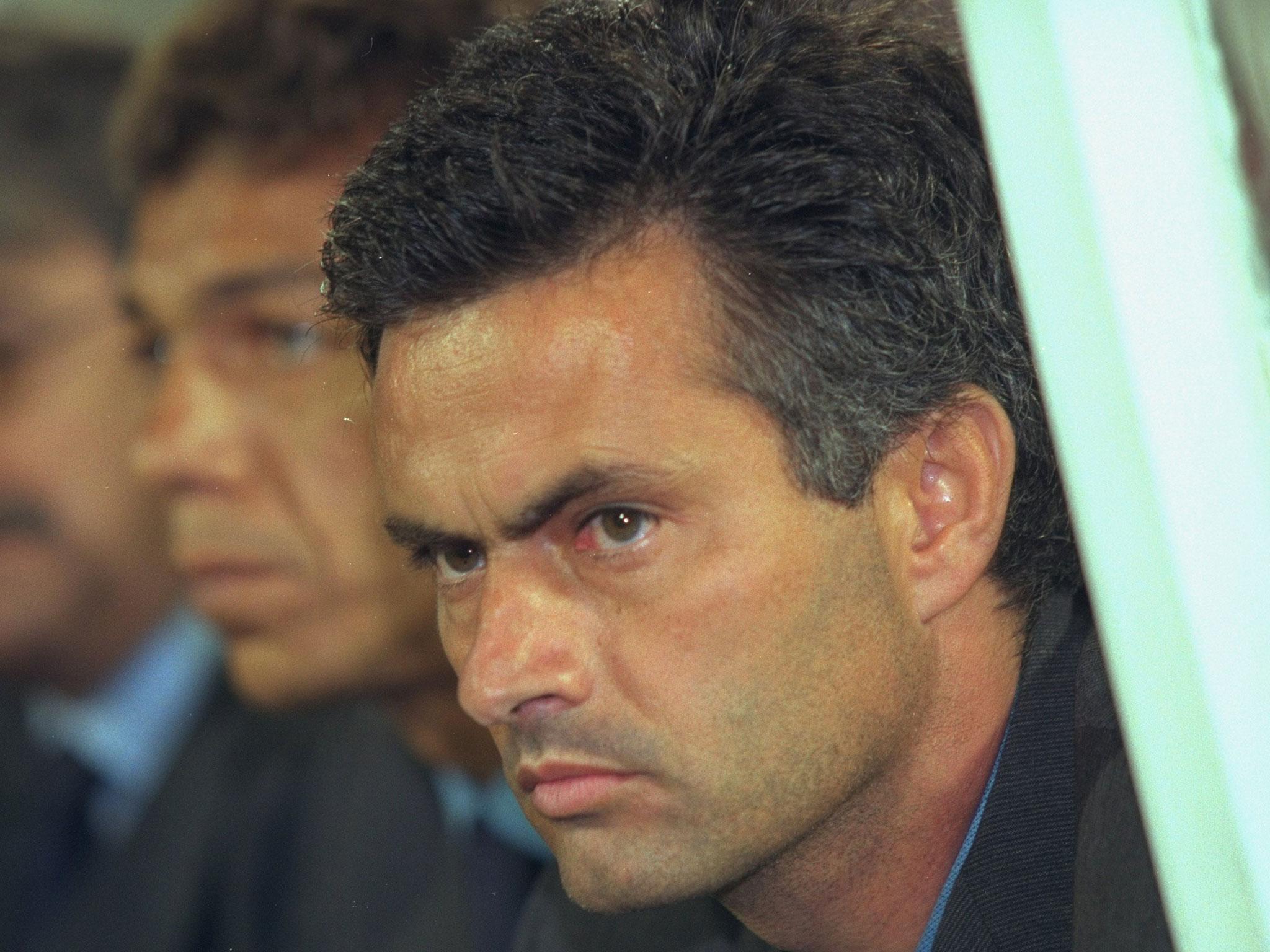
Your support helps us to tell the story
From reproductive rights to climate change to Big Tech, The Independent is on the ground when the story is developing. Whether it's investigating the financials of Elon Musk's pro-Trump PAC or producing our latest documentary, 'The A Word', which shines a light on the American women fighting for reproductive rights, we know how important it is to parse out the facts from the messaging.
At such a critical moment in US history, we need reporters on the ground. Your donation allows us to keep sending journalists to speak to both sides of the story.
The Independent is trusted by Americans across the entire political spectrum. And unlike many other quality news outlets, we choose not to lock Americans out of our reporting and analysis with paywalls. We believe quality journalism should be available to everyone, paid for by those who can afford it.
Your support makes all the difference.It is one of the moments Jose Mourinho has said he regrets most from his career, but really it just led to one of the decisions that Benfica regret most in their history. It may well have been the club’s second most costly decision after the infamous refusal to give two-time European Cup winning manager Bela Guttmann a pay-rise, that led to his departure in 1962.
Guttmann was then said to have put a curse on the club that “not in a hundred years from now will Benfica ever be European champion”. With that drought still ongoing, the real edge to this story is that Mourinho probably would have ended it long ago. He instead went on to win the 2002-03 Europa League and 2003-04 Champions League with Benfica’s Portuguese rivals FC Porto.
As he again returns to the famous Stadium of Light with Manchester United, this is the story of when a mere 37-year-old Mourinho was given one of the biggest jobs in Europe as his first, only to all too quickly lose it. He did not lose it because he lost too many games, though. It was in fact quite the opposite. He banked too much on winning. This was a time that would already showcase many of the qualities that would make one of the best managers in the history of the game, but also the kind of abrasiveness with authority that would at the same time cause so many problems and flashpoints. With that in mind, it is timely that he returns to Benfica as stories swirl about wanting a new contract and link to Paris Saint-Germain.
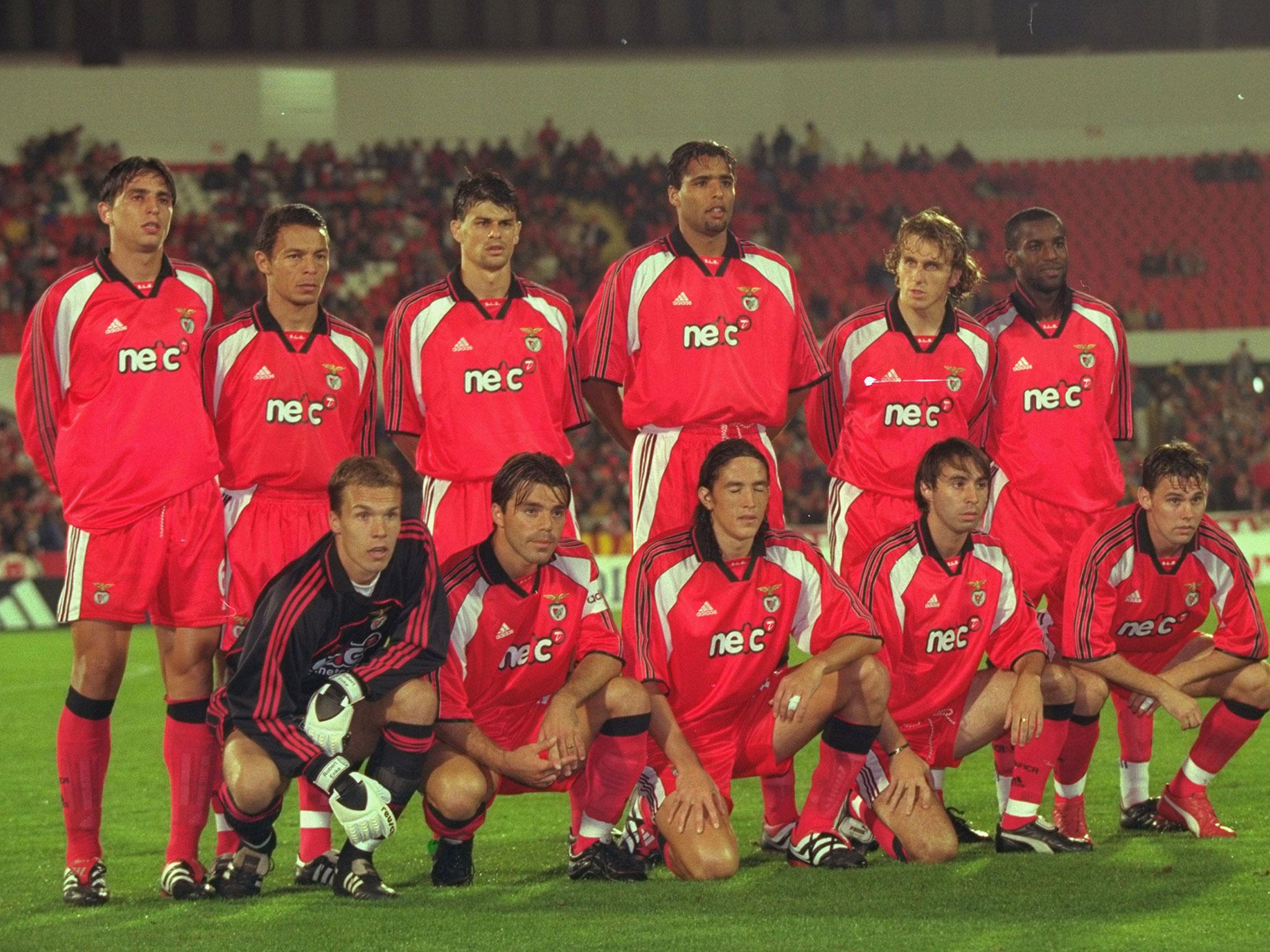
Part of the problem, to be fair to Mourinho, was that the man who appointed him was not the same man who oversaw his departure.
It was the summer of 2000 and the young Portuguese had just left Barcelona after four years as assistant to Sir Bobby Robson and then Louis van Gaal, and was temporarily out of work. Robson had tried to convince him to work at Newcastle United in a similar role but Mourinho by then wanted to be his own man, to finally be a manager in his own right. Word was spreading around the game that he was a coach of rare intelligence, and represented something very different. Benfica president Joao Vale e Azevedo decided to act on this in the first month of the 2000-01 season and offered Mourinho a job to replace German manager - and current Bayern Munich boss - Jupp Heynckes.
The Lisbon club were at that point going through a crisis, in terms of their status and their economics, and it would greatly constrain the role.
According to the book ‘Jose Mourinho’ by his long-time friend Luis Lourenco, he found a “mercenary” squad. It wasn’t that the 37-year-old thought it was bad, but more that he found it ill-fitting, and reflective of the lack of direction at the club.
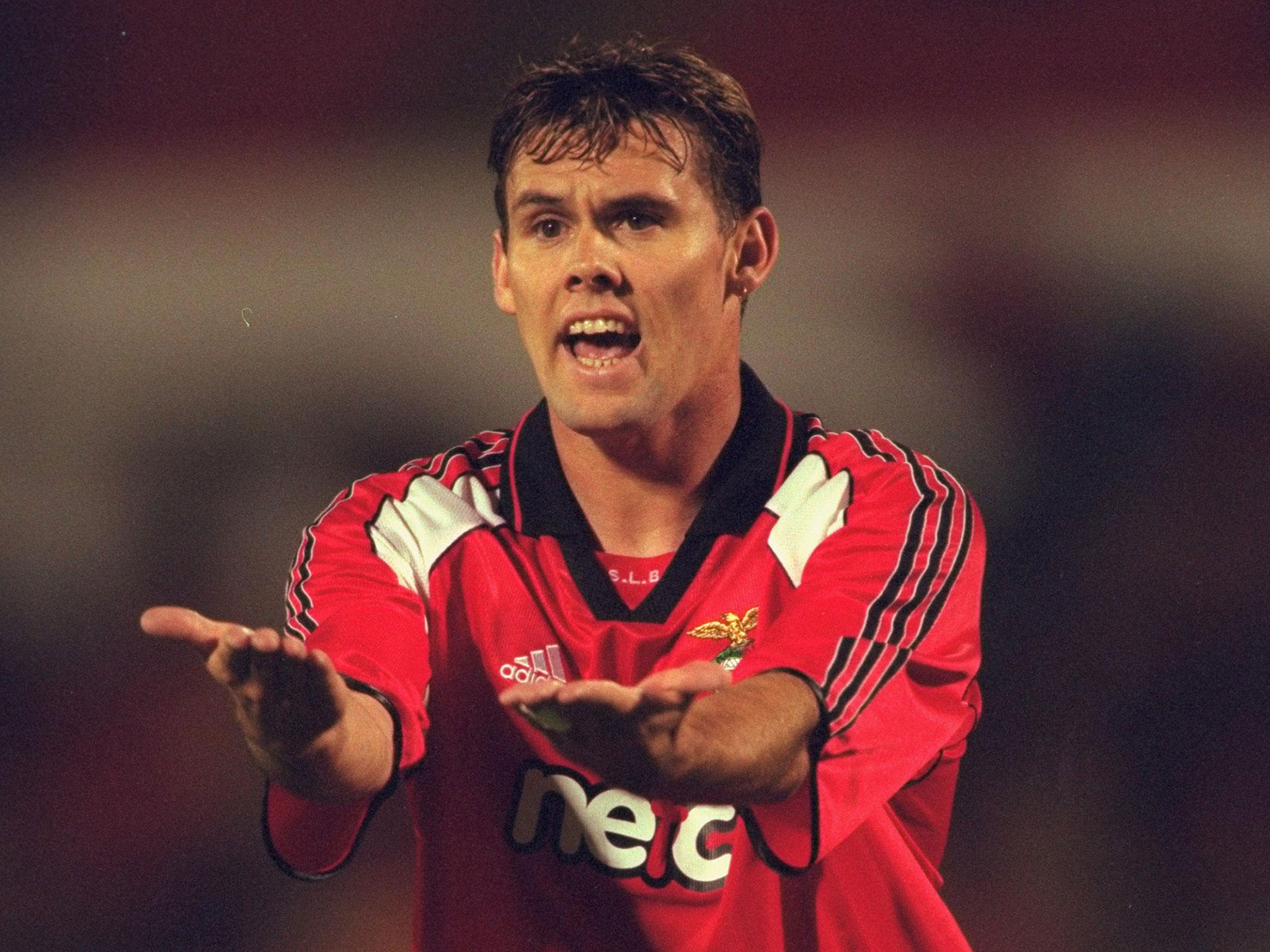
Among a group of international journeymen, there were at least the names were a young Maniche, Karel Poborsky, the tragically deceased Robert Enke and Pierre van Hooijdonk. Many had found Van Hooijdonk troublesome but Mourinho immediately liked him because he felt that “trouble” had merely stemmed from the Dutch striker’s winning mentality. Mourinho felt he was one of the players he could count on along with Maniche and Enke.
More than anything, though, he found the squad just low on confidence and focus.
Such circumstances fed into the uncertainty around the club, as Manuel Vilarinho was challenging Vale e Azevedo for the presidency in the October elections. Vilarinho had also announced that he would be instating former player Toni as coach, so Mourinho knew he was fighting against time.
Despite the problems at Benfica leading to a situation ahead of one game when the Observation Department reportedly offered a scouting report consisting of just 10 opposition players, and the Portuguese losing his very first game as a manager against Boavista, it wasn’t long until he was imposing his will on the side and greatly improving them.
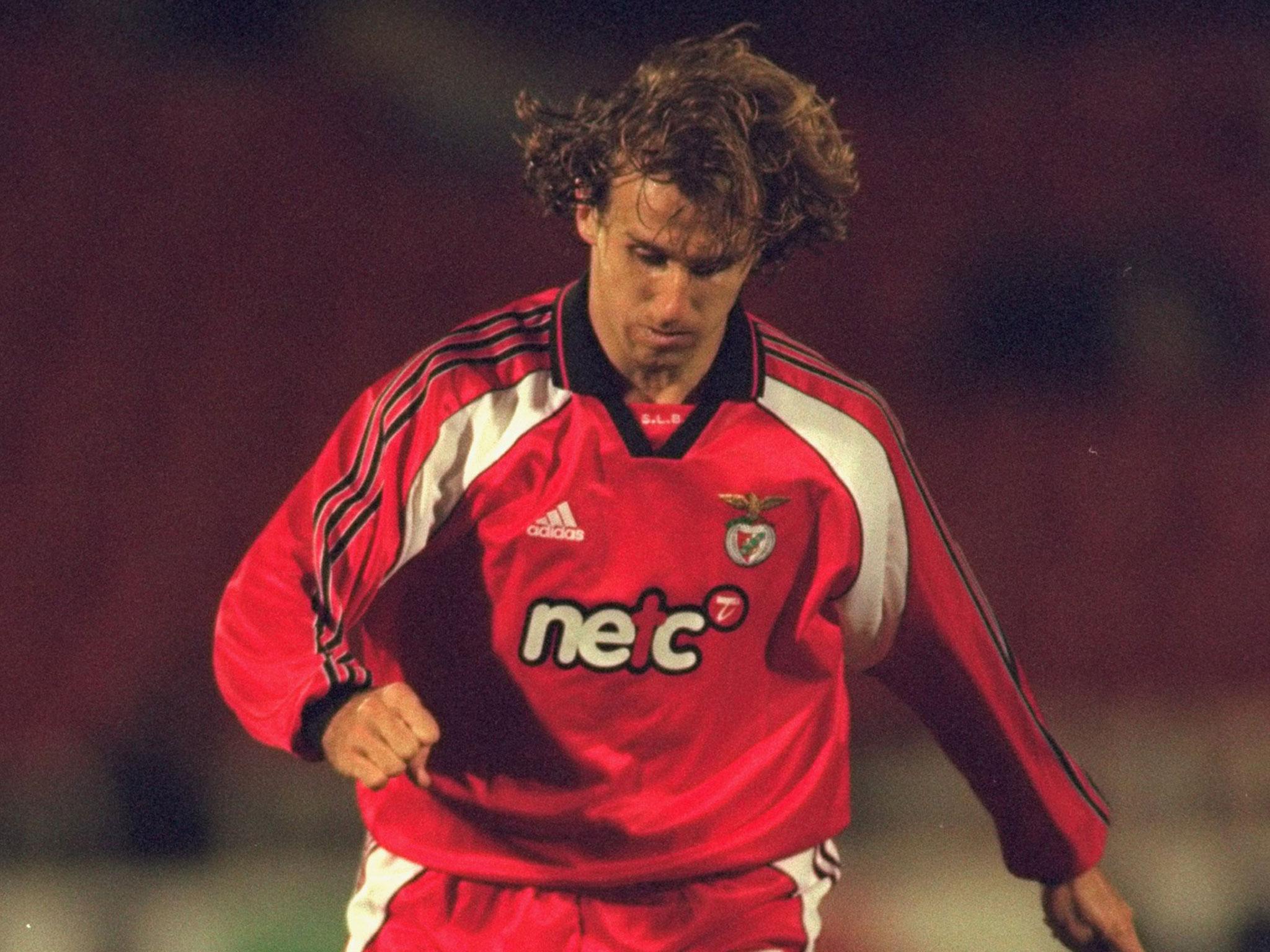
Using his very first team talk to just instil a bit of identity and merely telling them that the fact so many of them were internationals should mean they had more confidence about what they were doing, Mourinho first of all gave them a focus and team identity. He was showing his ability to rally sides, to fire them, to derive the intensity that so marked his best teams. He then began to instil what were at that point some of the most detailed and innovative coaching techniques and training drills that the game had seen. It began to have an effect.
It was just when Mourinho was picking up pace, having won two out of three games after claiming his very first victory as a manager with a 1-0 over Belenenses, that Vilarinho won the election. Mourinho’s main backer was out. The problem for the new man, though, was that the manager was already hugely popular with the supporters. He was seen as having restored some pride to such a distinguished club. So, Vilarinho delayed any decision, and would let Mourinho stay until the end of the season.
He wasn’t entirely happy with this, but also wanted to show them they were wrong. He would very quickly start proving that as Benfica started a winning streak that culminated in a brilliant 3-0 win over defending champions and local rivals Sporting Lisbon just over a month after Vilarinho had become president. It should have secured Mourinho’s first job, but instead proved his last game for the club.
Among the many problems were that the young Portuguese had found board members briefing against them, while there would be strange occurrences like the sudden changing of hotels or details he had planned. He felt like he was being provoked.
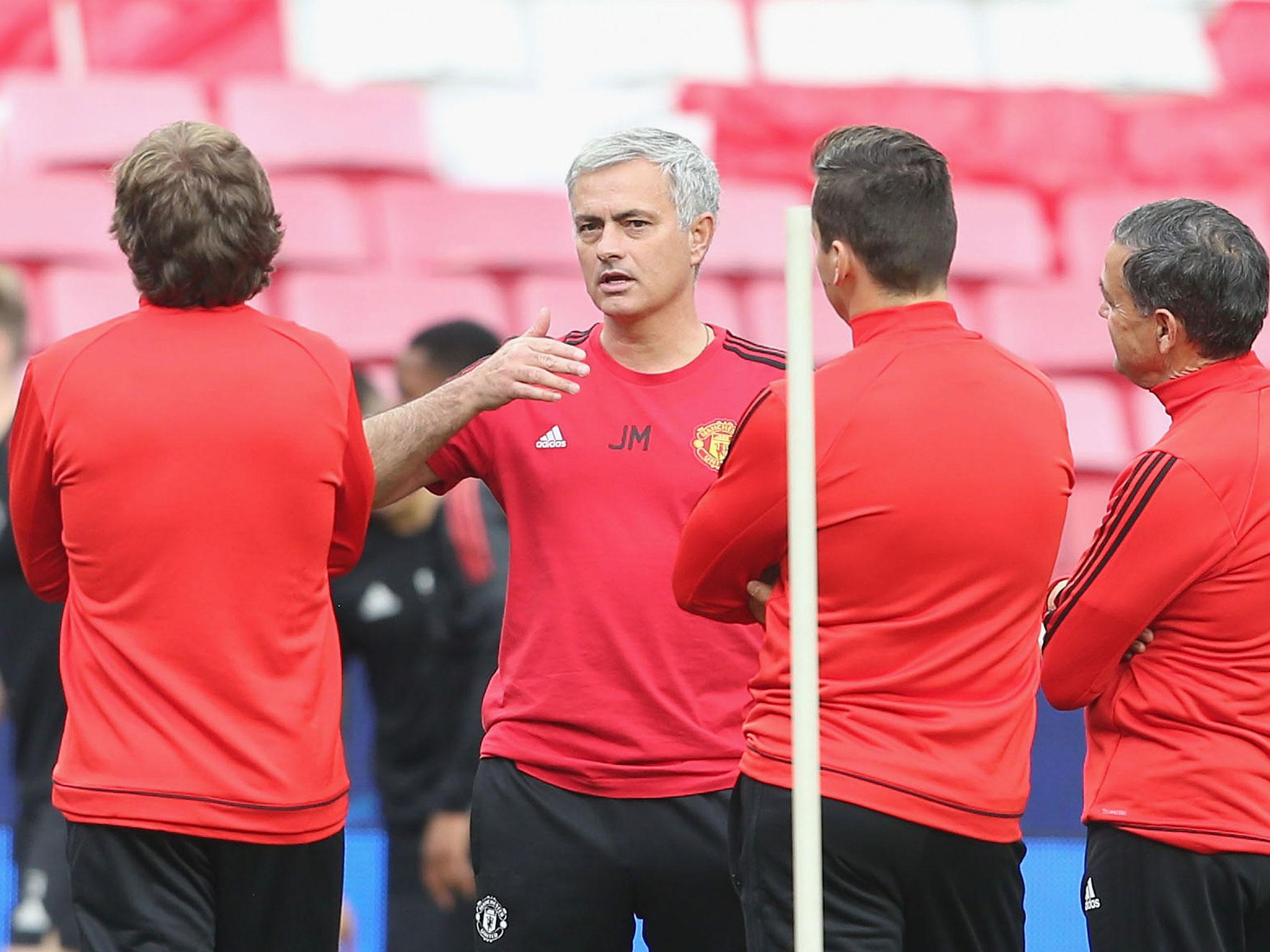
So, he decided to leverage the strength that came from such a big win. One problem was how he did it.
In the half-hour after the win over Sporting, Vilarinho tried to come and congratulate Mourinho in his office. The manager was on the phone to his wife, though, with his feet up on the desk… and not really interesting in talking to him. He was in bullish mood. And, in the car on the way home, made up his mind to act on it further. Mourinho would push the president for full backing, for a longer-term contract. “It’s all or nothing,” he told Lourenco.
Vilarinho refused, Mourinho resigned. Both have since regretted it.
Mourinho told Lourenco he regretted his conduct that day, and should have been fairer with Vilarinho. He went on to make his name properly at UD Leiria, before making history at Porto and beyond.
He didn’t regret it as much as Vilarinho, then, as Benfica went on to finish sixth - the first time they’d missed out on European qualification since 1959.
“If it was today, Mourinho would never leave Benfica,” Vilarinho said a few years ago. “I would do exactly the opposite. I would extend his contract. Only later I realised that one's personality and pride cannot be put before the interest of the institution we serve.”
Join our commenting forum
Join thought-provoking conversations, follow other Independent readers and see their replies
Comments